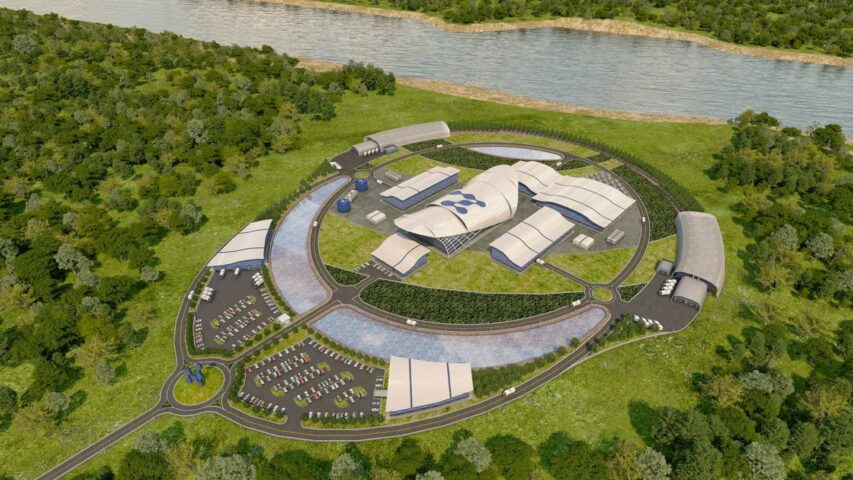The New Brunswick government should look to its neighbours in the south to see how a planned small modular reactor project can turn sour fast.
In early November, Oregon-based NuScale Power terminated a partnership with Utah Associated Municipal Power Systems to build six small modular reactors (SMRs) at Idaho National Laboratory and supply power across 16 U.S. states.
At the time, NuScale said the deal failed due to rising interest rates and inflation.
However, now investors are suing NuScale for allegedly hiding the project’s true cost and lack of financial viability after it failed to attract enough customers.
Essentially, the NuScale project collapsed because there were not enough customers to fund the cost of the expensive electricity it would produce. This news should ring alarm bells for the New Brunswick government.
A lesson to learn
Moltex Energy and ARC Clean Energy — two companies proposing to build SMRs in New Brunswick — have already received millions in taxpayer dollars. ARC aims to have a 150-megawatt reactor operational by 2035, with Moltex planning for a 300-megawatt reactor by 2039.
Similar to the U.S. project, it is expected the reactors will be built with money from private investments, and then the power will be sold to the utility. However, there is no clear estimate of how much these projects will cost.
We are investing in these two projects without knowing their true cost, which raises concerns about their affordability. Meanwhile, recent amendments to the Electricity Act in New Brunswick would force N.B. Power to buy electricity generated by SMRs, even if it isn’t the lowest-cost option.
That could mean ratepayers may end up on the hook for these potentially expensive operations. New Brunswickers are already suffering from rate hikes — can we really afford to gamble with public money?
Of course, the two companies would still need to find investors who believe the projects are financially viable. The latest news from the U.S. suggests that may be a tall task.
But if they do, New Brunswick could pay dearly for its push into this unproven technology over more cost-friendly alternatives like wind and solar.

